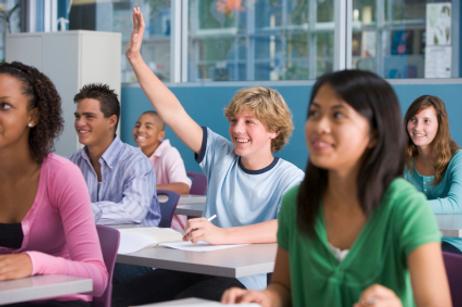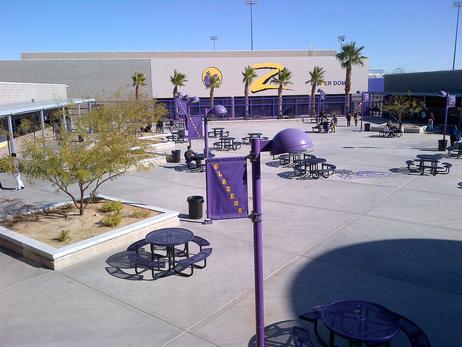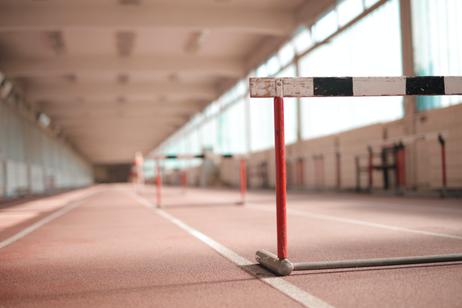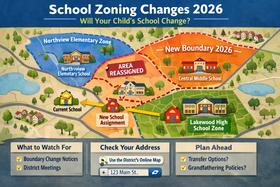Michigan has developed a new plan for revamping failing schools by introducing the Education Achievement Authority, a special district slotted specifically for the lowest performing schools in the state. Most educators agree that the new system is effective and necessary for bringing the state’s public school system up to par. However, some are concerned the organization may be overstepping its bounds as it begins to expand the number of schools it serves.
What is the Education Achievement Authority?
According to the Detroit Public Schools website, the Education Achievement Authority (also referred to as the EAA) is a statewide school district for the lowest performing schools in Michigan. The new district takes the schools in the bottom five percent statewide and works to transform them into viable, financially-responsible schools. Once they have achieved this status, the schools can then decide if they want to return to their original school district or remain in the EAA.
The new district functions very differently from the other school districts in Michigan. The administration and staff at each individual school are responsible for hiring teachers, placing them in the best positions, and allocating resources to enhance the learning environment. The district also takes steps to ensure that a larger percentage of taxpayer funding goes directly to the classroom. The system also places greater emphasis on parental support and community involvement to ensure the best possible outcomes for its students.
Students in EAA schools are grouped by skill level, rather than





















